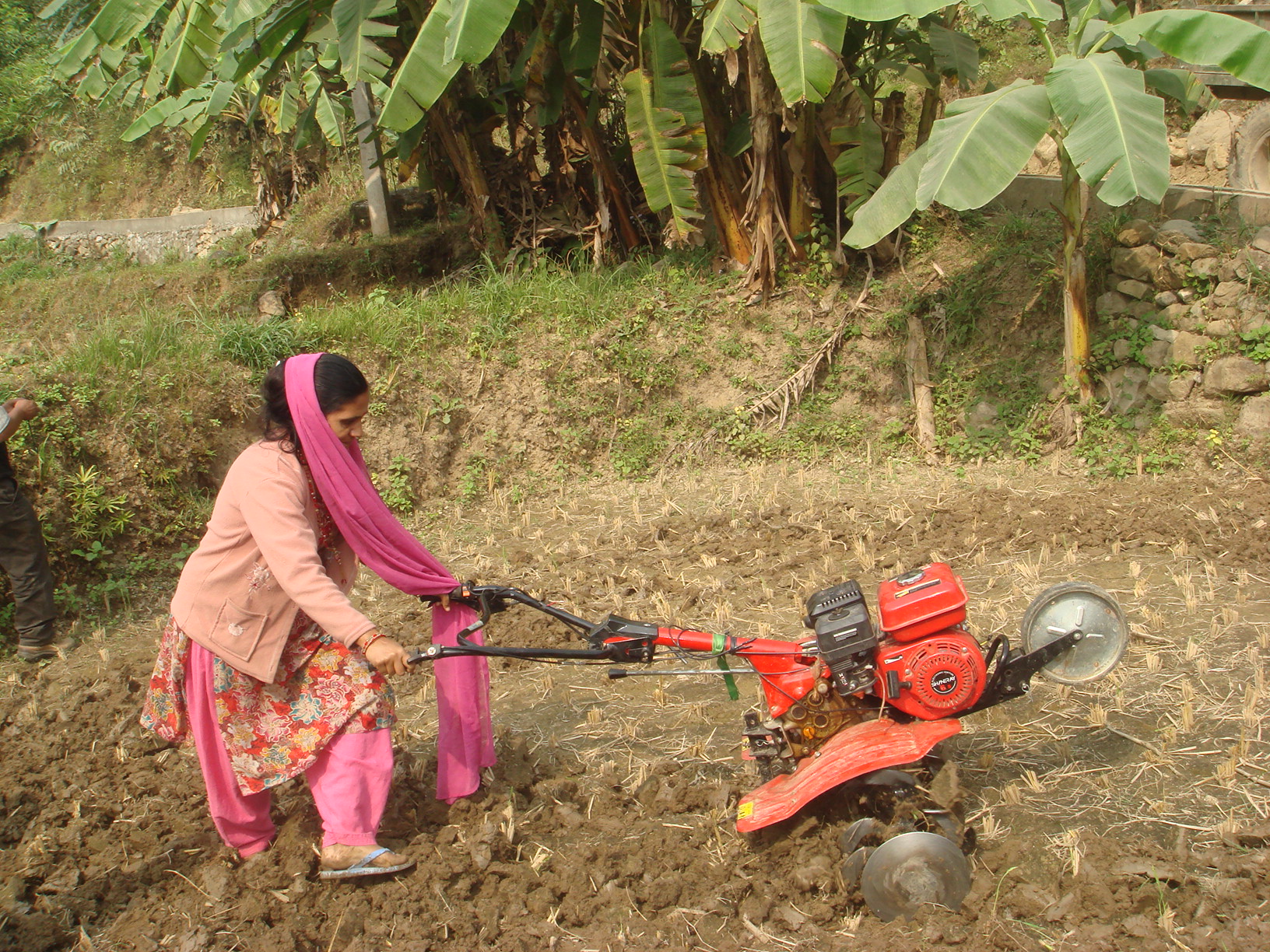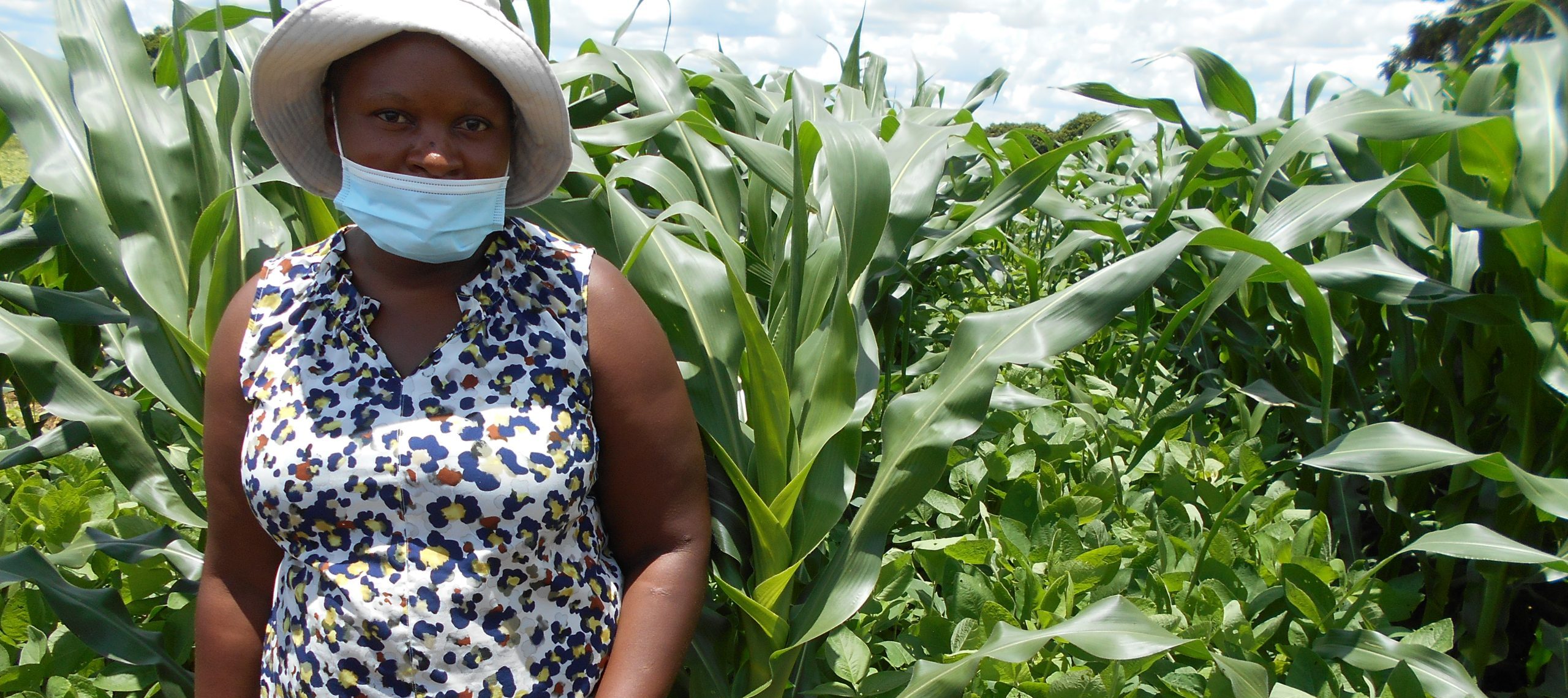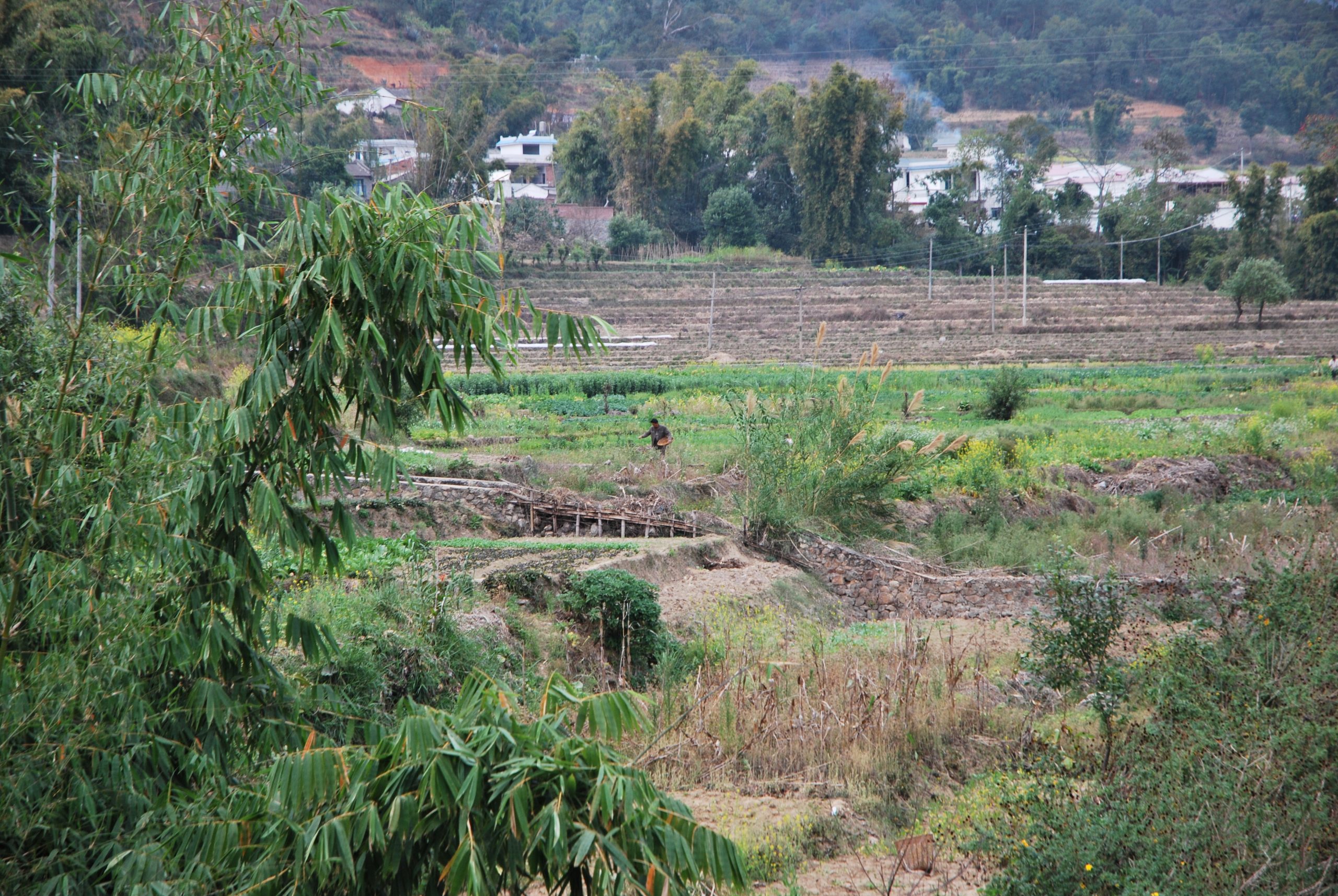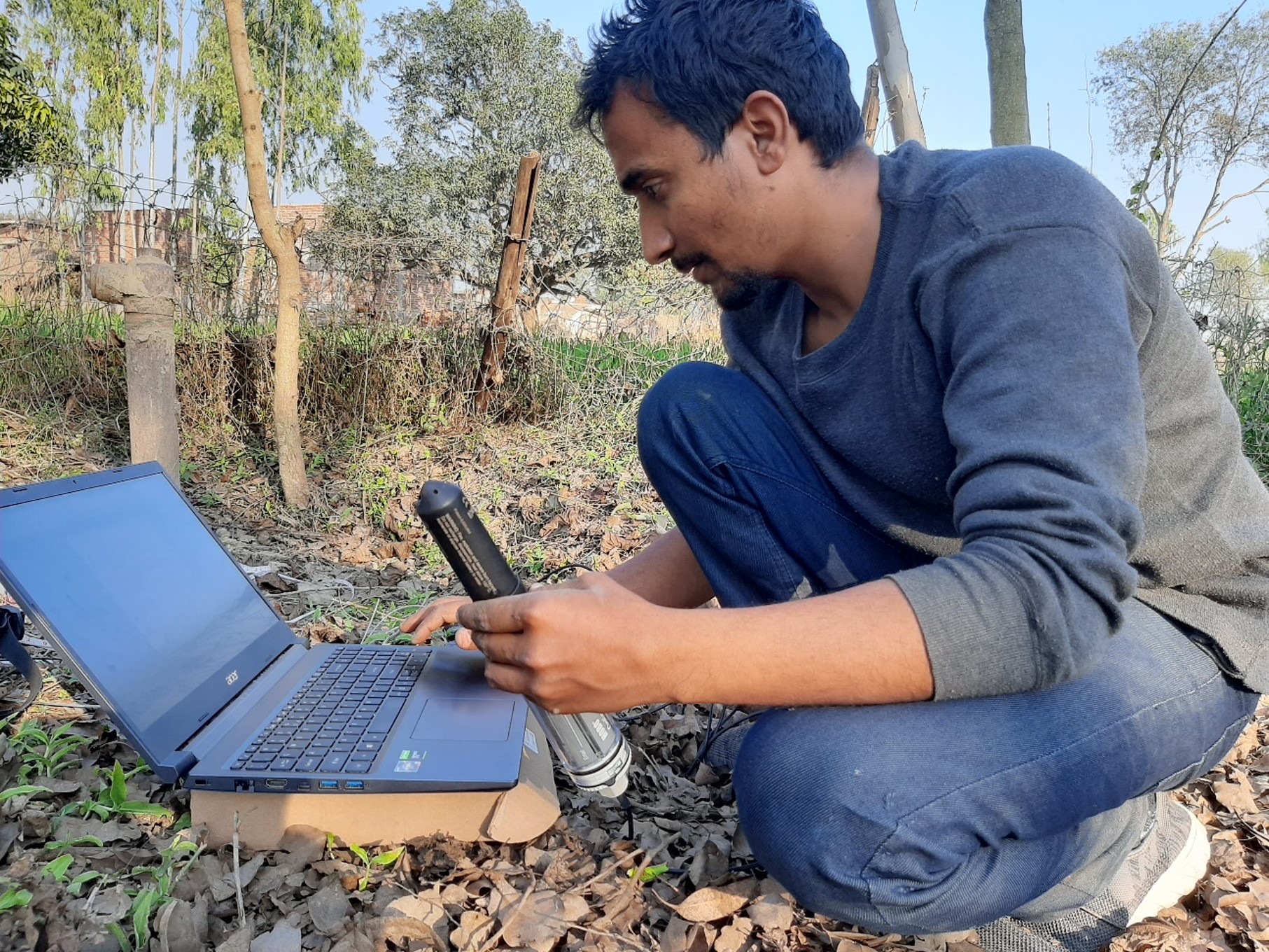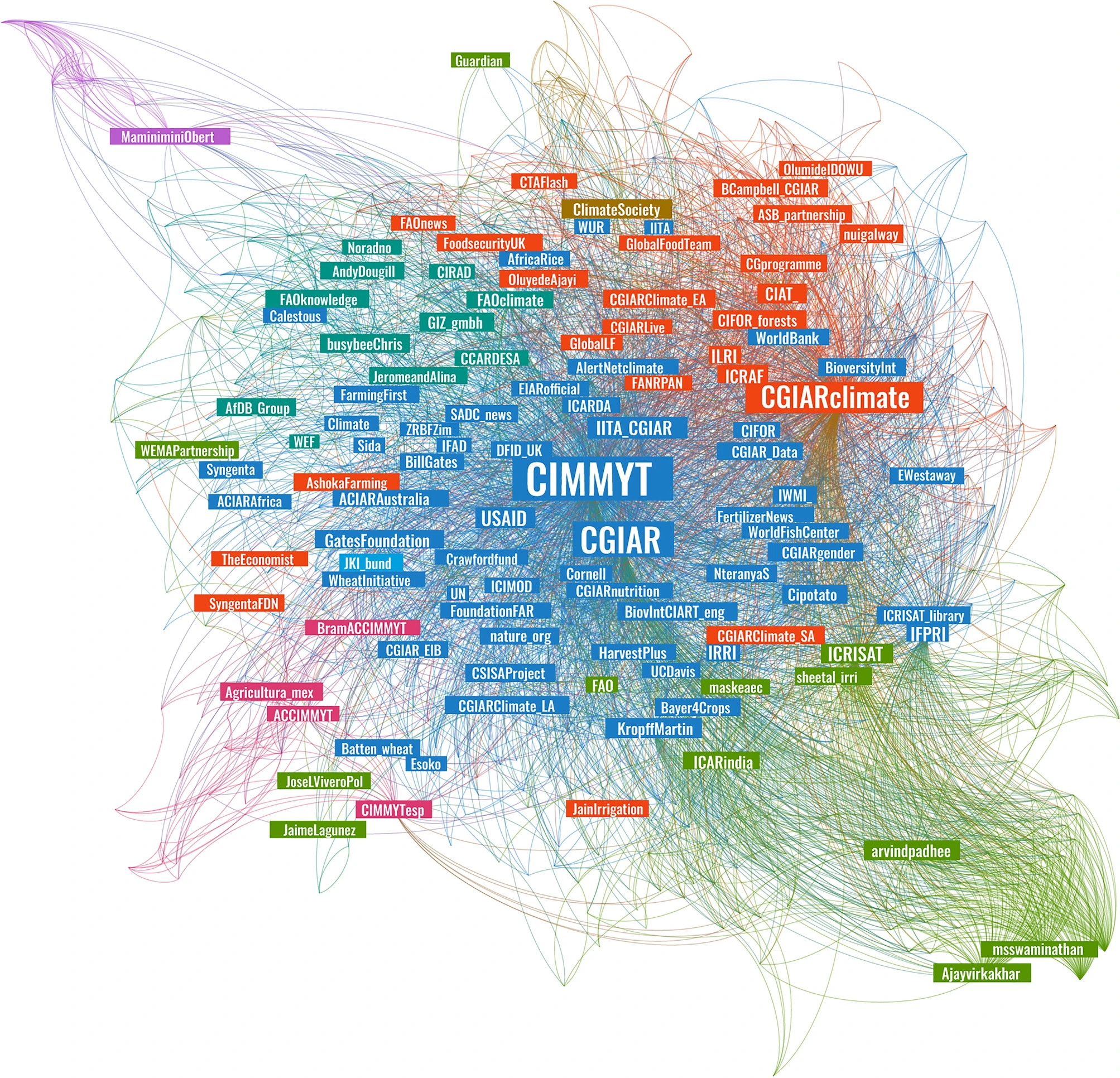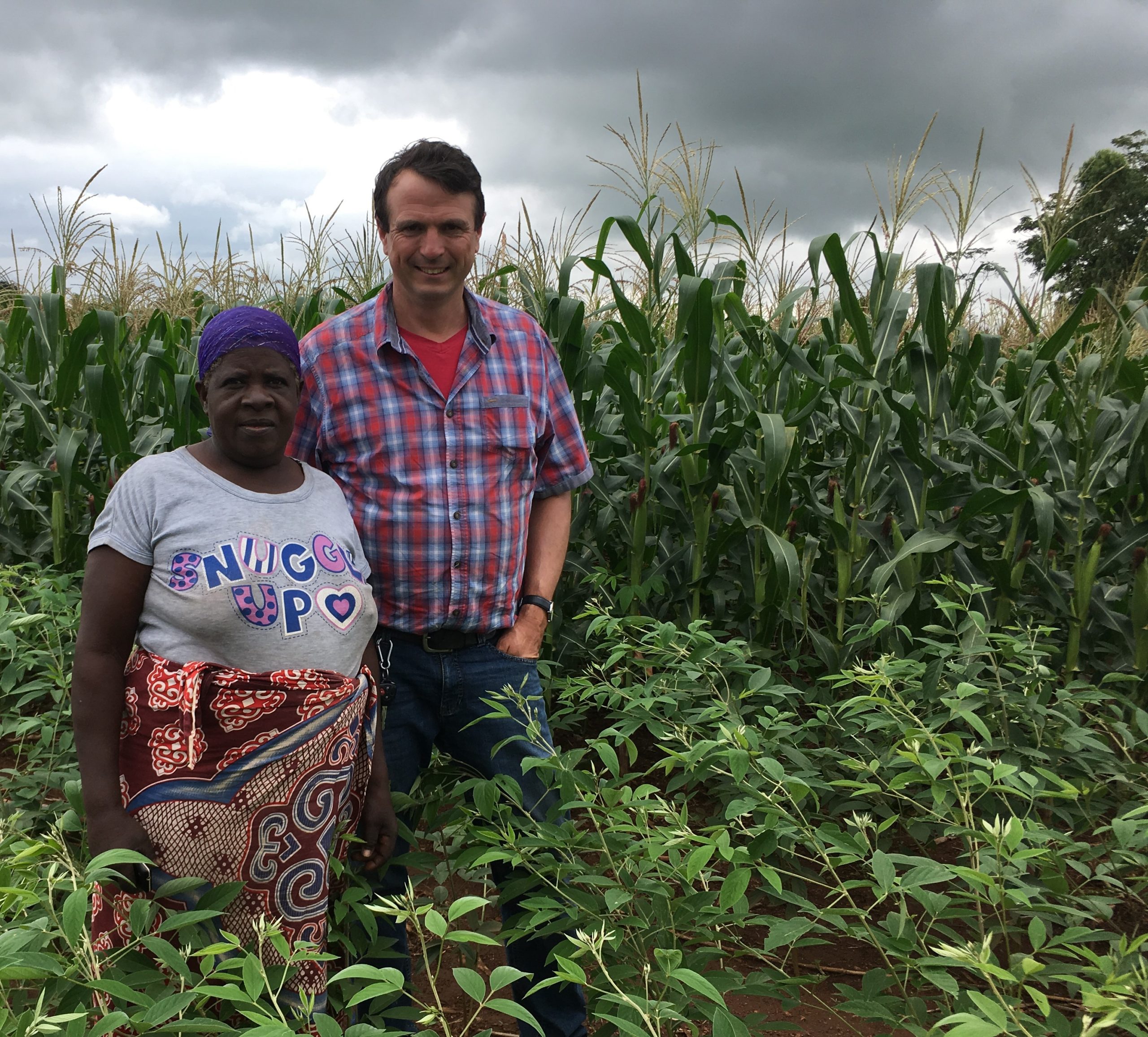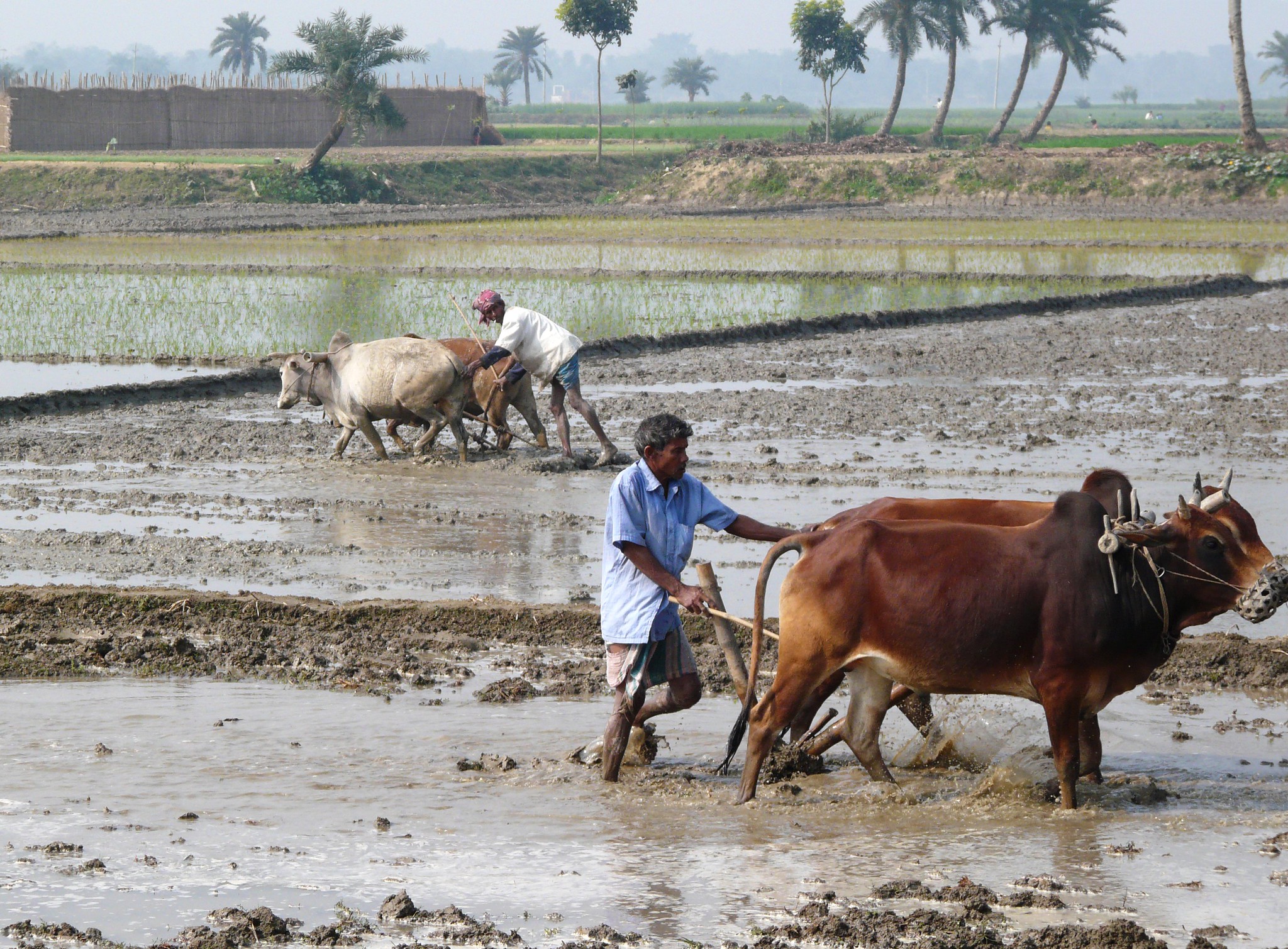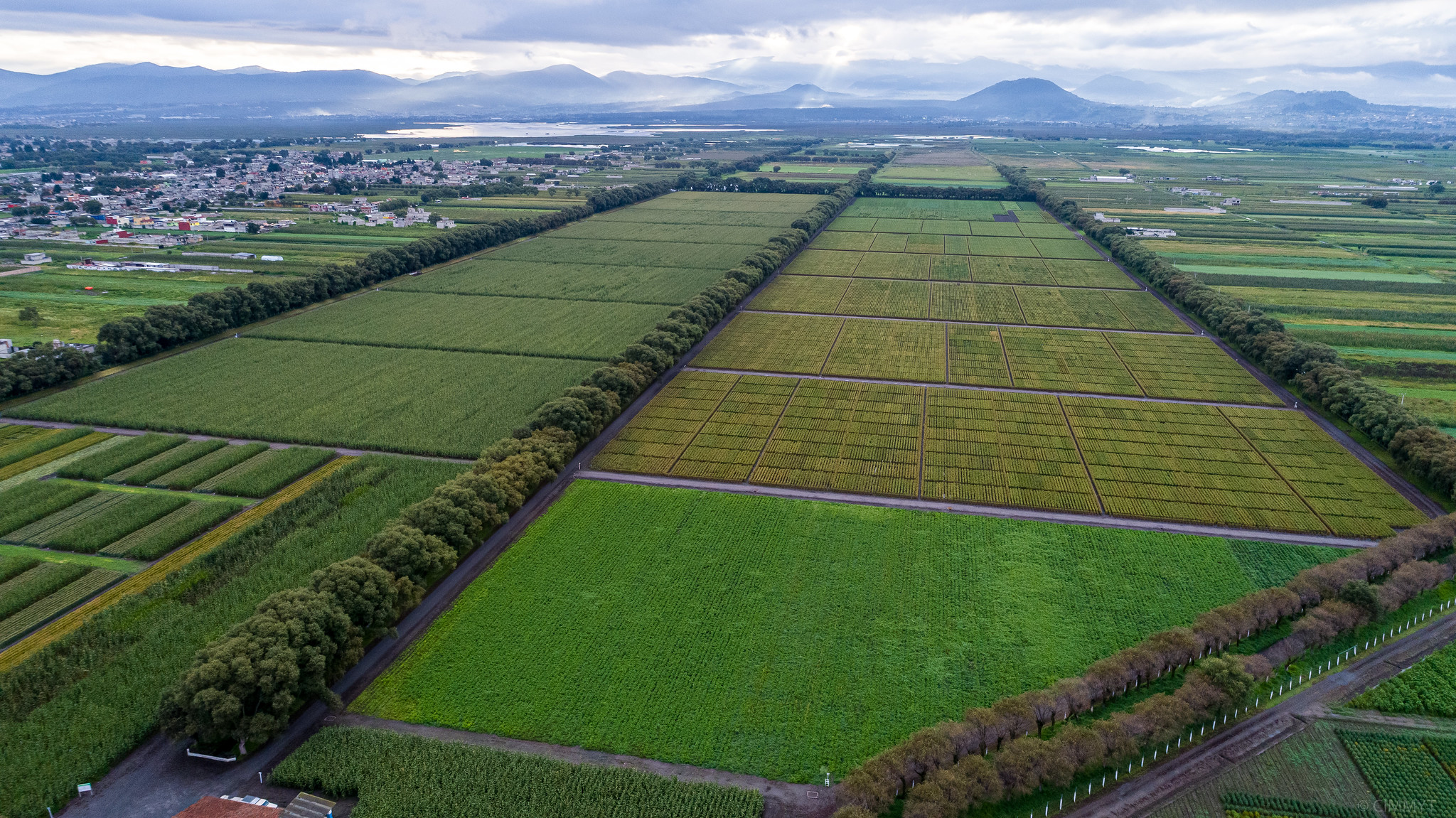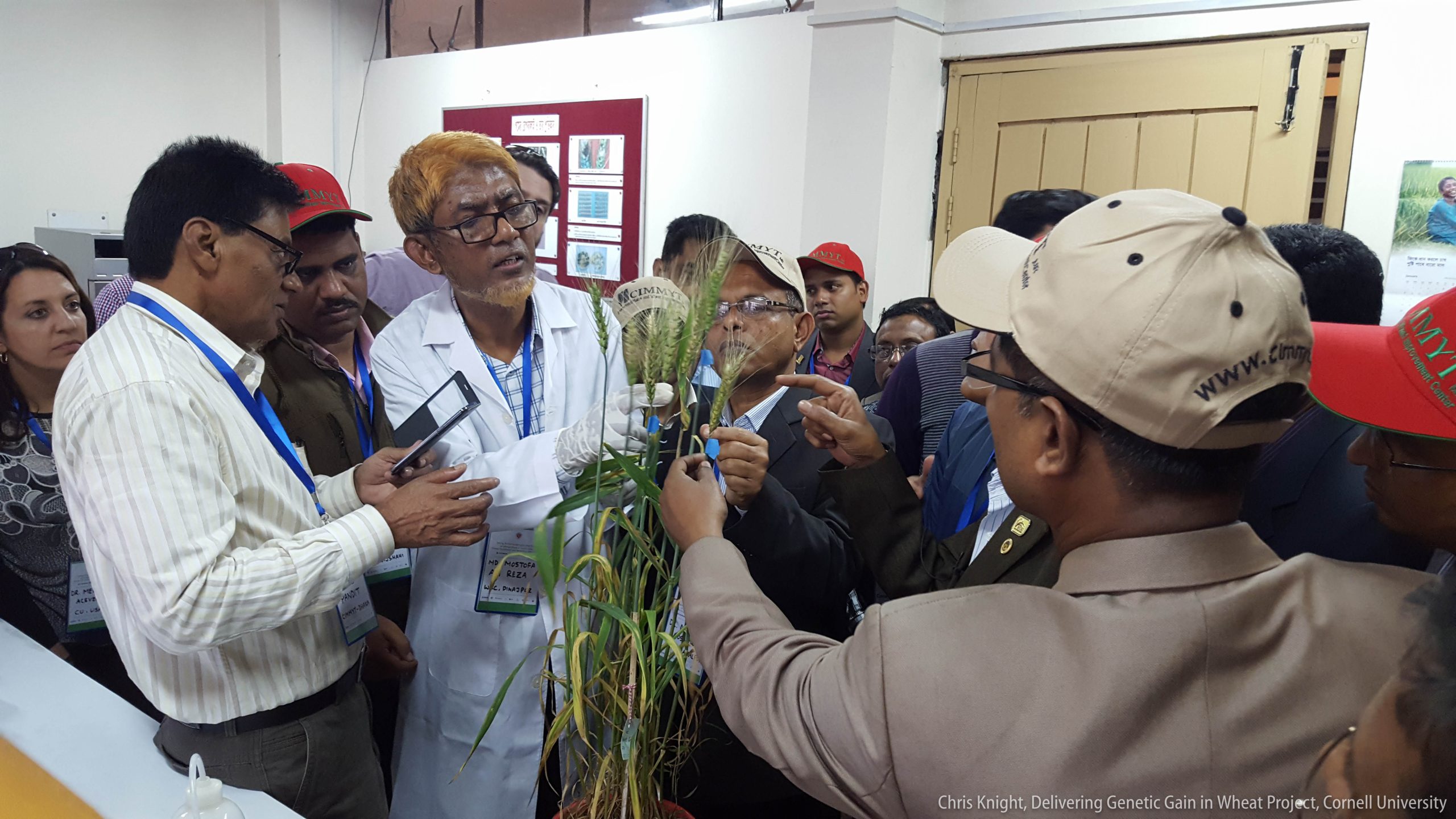Mini-tillers bolster Nepal maize farmers’ food supplies and profits, new study shows
 Innovations
Innovations
Farm mechanization contributes to the United Nations Sustainable Development Goals of No Poverty (SDG-1) and Zero Hunger (SDG-2), with very small farms facing acute labor shortages benefited the most.
Young CIMMYT scientist receives 2022 Japan Award for global research to combat wheat aphids
 Environmental health and biodiversity
Environmental health and biodiversity
Elite wheat lines from the work are being freely shared with partners worldwide.
Zambia officials promote sustainable maize cropping practices for small-scale farmers
 Environmental health and biodiversity
Environmental health and biodiversity
The new farming methods can raise harvests, enrich soils, and capture and conserve moisture.
CIMMYT and China: A successful partnership since 1974
 Capacity development
Capacity development
The CIMMYT–China collaboration over four decades has added some 10.7 million additional tons of wheat to China’s national wheat output.
Scientist urges upgrades to monitor groundwater use for agriculture in low-income countries
 Innovations
Innovations
Successful testing of phone-based groundwater monitoring in the Nepal Terai was described at World Water Week in Stockholm.
Weather data and crop disease simulations can power predictions of wheat blast outbreaks, new study shows
 Environmental health and biodiversity
Environmental health and biodiversity
Protecting farmers from wheat blast, a lethal plant disease, could be made easier through enhanced monitoring and forecasting tools.
CIMMYT is prominent in global climate-food systems conversations, new study shows
 Climate adaptation and mitigation
Climate adaptation and mitigation
Climate-food systems research at CIMMYT is informing the decisions of key actors from the scientific, development, and public policy communities.
Ecological farming a boon for staple crop farmers in Africa, new study finds
 Environmental health and biodiversity
Environmental health and biodiversity
Cropping diversity, soil-enriching crops, and adding organic material to soils can boost food-crop yields for farmers who can’t apply fertilizer.
Galvanized leaf storage proteins serve as a nutrient lifeline for maize under drought, recent study says
 Climate adaptation and mitigation
Climate adaptation and mitigation
A team of researchers activates vegetative storage proteins in maize leaves, to stockpile nitrogen reserves for release when plants are hit by drought.
A climate-smart remodeling of South Asia’s rice-wheat cropping is urgent
 Environmental health and biodiversity
Environmental health and biodiversity
Multiple studies show conventional farming practices degrade soils, deplete aquifers and feed rampant greenhouse gas emissions.
Q&A: Regenerative agriculture for soil health
 Environmental health and biodiversity
Environmental health and biodiversity
Farming system harnesses the power of biology to rebuild soil organic matter, diversify crop systems, and improve water retention and nutrient uptake.
Plant breeding innovations
 Climate adaptation and mitigation
Climate adaptation and mitigation
Over millennia, natural selection and humans have systematically adapted the plant species that provide food and other vital products, changing their physical and genetic makeup for enhanced productivity, nutrition and resilience. Plant breeders apply science to continue improving crop varieties, making them more productive and better adapted to climate extremes, insects, drought and diseases.
Wheat titan honored posthumously by India
 Climate adaptation and mitigation
Climate adaptation and mitigation
Sanjaya Rajaram, former CIMMYT Wheat Program Director, has been recognized with the Padma Bhushan Award for his contributions to wheat improvement worldwide.
New publications: Genome-wide breeding to curtail wheat blast
 Environmental health and biodiversity
Environmental health and biodiversity
Researchers evaluate the use of genomic selection in wheat breeding against deadly fungal disease.
Climate change slows wheat breeding progress for yield and wide adaptation, new study finds
 Climate adaptation and mitigation
Climate adaptation and mitigation
Increasingly unpredictable weather poses challenges for breeding widely-adapted wheat lines, but stress tolerance breeding is boosting wheat’s hardiness under rising temperatures.
